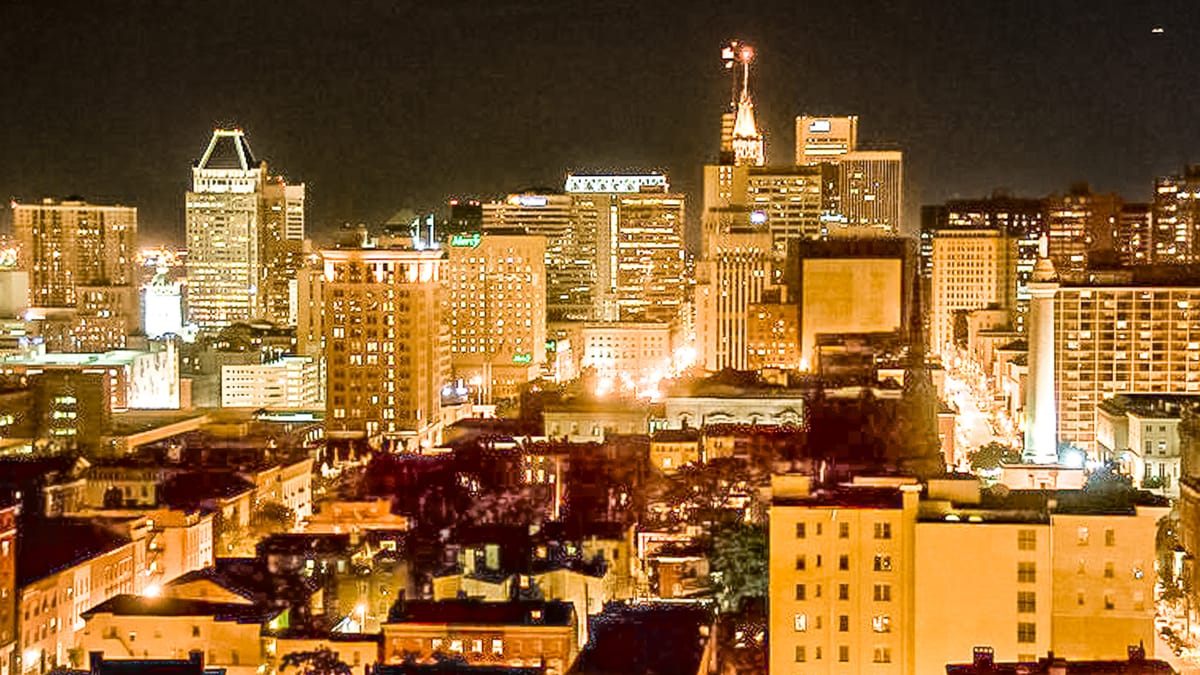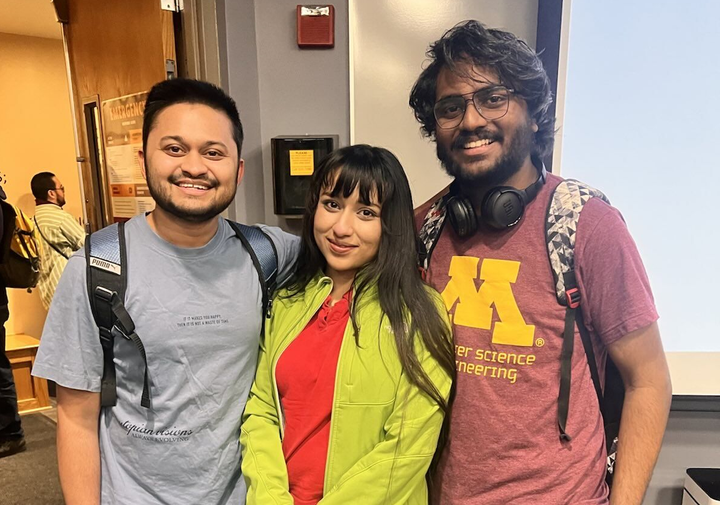Three AI x Journalism Summit Sessions I Don’t Want to Miss
What do I, a journalist at the start of my career, really want to see?

As a journalism intern with the Nordic Press Center in Washington DC, every day is a chance to learn something new about the news business … and, like a lot of seasoned journalists, learn how much I *don’t* know about artificial intelligence, and how is this emerging technology is rapidly transforming media. What does this mean for my career?
The upcoming AI x Journalism Summit in Baltimore in May is a huge opportunity for me to learn about how newsroom processes will adopt – and adapt to – these new technologies.

Here are three sessions in particular that I’m looking forward to:
🔥 When news “hot spots” are actually journalistic blind spots
As a journalist, I’ve definitely and unintentionally turned some of the places I cover into hot spots. You may have experienced this yourself as a reporter: you’re working on a story, one of your sources there suggests another story for you, and – bam – you’re back in the same part of town as you were yesterday.
If this is done in an organized and intentional manner, where every journalist has their own turf that they mainly focus on to find and report on compelling stories, it can be great. But when this habit is reactive and reflexive, where we as reporters return to the same haunts again and again rather than considering new places to investigate and report on, it might lead to journalistic “blind spots” and inaccurate coverage of what is actually happening in our communities.
In their session Lessons from The City: Using AI to Map Coverage Blind Spots, Tazbia Fatima of and Scott Klein discuss how they used ChatGPT to analyze THE CITY’s coverage of New York City. By using AI to map out the blind spots of their own coverage, it became a helpful tool for the paper to more accurately cover the city. I’m excited because Klein and Fatima have promised to walk us through their process and share how journalists can apply the technique to their own archive of stories.
Their session will be on May 7 at 2:45pm.
🤖 As a journalist, how can I tell when a robot is actually my friend?
Navigating through today’s constantly evolving media landscape can be challenging, to say the least. This is true for busy journalists, who are being asked to do more with less and who are also expected to find time to master new technologies. However, while AI in the newsroom is definitely here to stay, I will say that getting friendly with our new robot friends hasn’t actually been all easy. As a journalist, I often wonder how I should incorporate AI into my workflow – and in life in general? Should I ask AI for help with everything? If not, how do I know when to tackle a problem or task myself?
The Washington Post’s Elite Truong promises to answer my questions. In her workshop Maslow’s toolbox: A framework for understanding and prioritizing problems that could—or shouldn’t—be solved by AI, Truong will introduce her framework for identifying what problems in the newsroom AI can help solve, and those that it can’t. I’m really looking forward to this session – maybe Truong can make navigating my relationship with AI at work a bit easier?
Truong’s session will be on May 7 at 1:15pm.
🔨 New gadgets for the tool box
Deciding on what AI tool to use might be a bit tricky. Sure - you’re probably gonna go with the one your newsroom has provided you with, but let’s be real - it’s not always going to do the trick. Man, why doesn’t this AI understand my journalist needs?! I’ve asked myself the question plenty of times.
Early this year, The Philadelphia Inquirer’s Matt Boggie and Kevin Hoffman decided to take the matters into their own hands, and they began developing a generative AI-powered archive search tool to support journalistic research needs specifically. In their Summit session, Making an AI tool that people will actually use, Boggie and Hoffman will discuss how the Inquirer has started a project to build a Gen AI-powered archive search tool to support our reporters’ and editors’ research needs. For example, the AI tool identifies photos from descriptions and story relationships, and automatically updates as the reporting evolves. Not bad!
This session will be on May 8 at 1:15pm.
Join us in Baltimore for the Hacks/Hackers AI x Journalism Summit (May 7-8, 2025)
Join pioneering journalists, technologists and innovators in Baltimore for two transformative days exploring how AI can enhance journalism and information. Through hands-on workshops, real-world case studies, and collaborative sessions, discover how to leverage AI to strengthen reporting, streamline workflows, create more impactful stories and build innovative new products.



